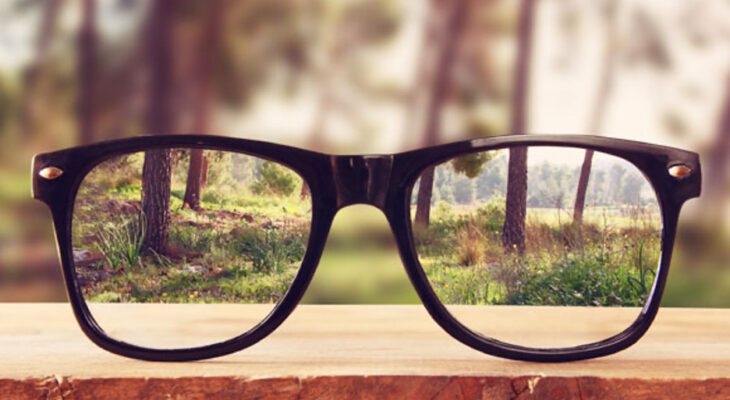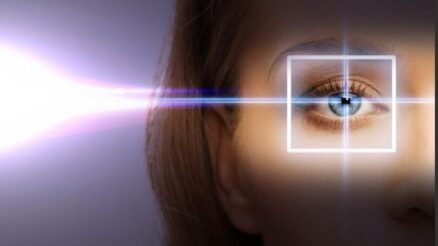
Here are some ways in which glasses help protect the eyes:
Vision Correction: One of the primary functions of glasses is to correct refractive errors, such as nearsightedness (myopia), farsightedness (hyperopia), and astigmatism. When these conditions are not corrected, it can strain the eyes and lead to discomfort and visual difficulties. By wearing glasses with the appropriate prescription, the eyes are able to focus properly, reducing eye strain and ensuring clear vision.
UV Protection: Many glasses, especially sunglasses, are designed to provide protection against harmful ultraviolet (UV) radiation from the sun. Prolonged exposure to UV rays can lead to various eye conditions, including cataracts, macular degeneration, and (sunburn of the cornea). Glasses with UV protection block or absorb a significant amount of UV radiation, reducing the risk of these conditions and protecting the delicate tissues of the eyes.
Blue Light Filtering: With the increased use of digital devices, glasses with blue light filtering capabilities have become popular. Blue light emitted by electronic screens, such as those of smartphones, tablets, and computers, can contribute to eye strain, dryness, and disrupted sleep patterns. Glasses with blue light filters help reduce the amount of blue light reaching the eyes, minimizing the associated eye discomfort and potential long-term effects.
Eye Protection: Glasses can act as a physical barrier, protecting the eyes from potential hazards and injuries. In certain work environments or during specific activities, safety glasses or goggles are worn to shield the eyes from flying debris, chemicals, or other potential eye irritants. These specialized glasses provide a protective barrier and reduce the risk of eye injuries.
Dry Eye Relief: Some glasses are designed to provide relief for individuals experiencing dry eye syndrome. These glasses have wraparound frames that help create a barrier, reducing the airflow around the eyes and preventing excessive evaporation of tears. By reducing the exposure to dry environments, these glasses can alleviate dry eye symptoms and provide added comfort.
Eye Strain Reduction: For individuals who spend extended periods working on computers or engaging in activities that require intense visual concentration, glasses with special coatings, such as anti-reflective coatings, can help reduce glare and reflections. This feature minimizes eye strain, improves visual comfort, and allows for better focus and productivity.
It’s important to note that while glasses offer protection and support for the eyes, they do not address underlying eye conditions or diseases. Regular eye examinations by an eye care professional are necessary to ensure optimal eye health and address any specific eye care needs.
In conclusion, glasses protect the eyes by correcting vision, providing UV and blue light protection, acting as a physical barrier against hazards, and reducing eye strain. By wearing appropriate glasses, individuals can maintain visual comfort, reduce the risk of eye injuries, and promote long-term eye health.





